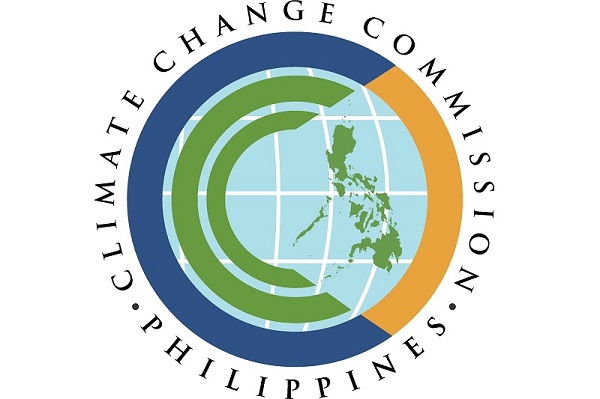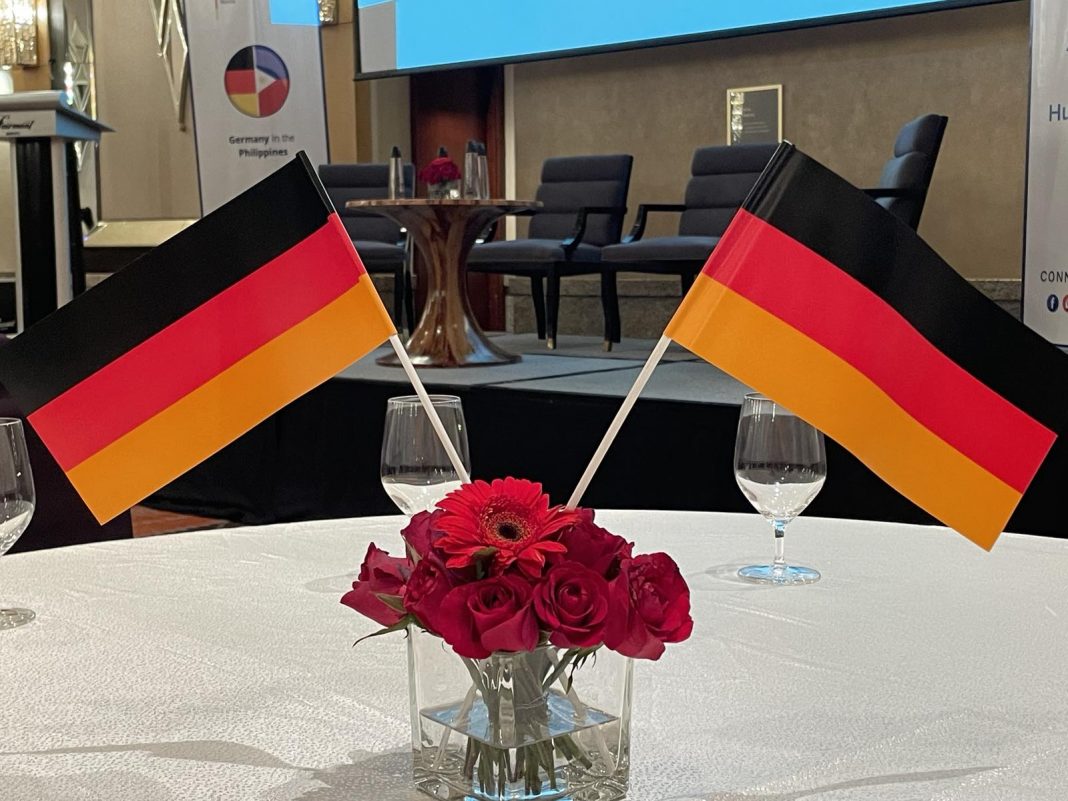Germany has reinforced its role as a key partner in the Philippines’ climate initiatives, with ongoing bilateral projects under its International Climate Initiative (IKI) now amounting to €53.4 million (around P3.2 billion).
This commitment was underscored during the Sustainability Forum 2025: The Green Economies of Tomorrow, hosted by the German-Philippine Chamber of Commerce and Industry (GPCCI) in collaboration with the German Embassy in Manila on January 31, 2025.
“Germany is a reliable and long-term partner of climate action in the Philippines. Through our global International Climate Initiative (IKI), a wide range of projects have been implemented in the Philippines since IKI was launched in 2008. Currently, ongoing bilateral projects amount to €53.4 million,” said German Ambassador Andreas Pfaffernoschke in his welcome remarks.
“Our commitment not only underscores our dedication to environmental and climate protection but also highlights our ambition to create a resilient, sustainable, and prosperous society for all,” he added.
The forum gathered leaders from government, business, and civil society to discuss the future of green economies, focusing on three key objectives:
- Evaluate the Philippines’ progress in meeting its Nationally Determined Contributions (NDCs) under the Paris Agreement
- Promote sustainable infrastructure and business solutions
- Strengthen the workforce by equipping workers with skills for green jobs
The event featured a keynote address from the Climate Change Commission, which presented the Philippines’ progress toward its climate targets.

A panel on Climate Action, featuring representatives from the Climate Change Commission, Planet 2050, the United Nations Global Compact, and the Asian Development Bank, tackled climate resilience and sustainability policies across different sectors.
The Green Infrastructure and Business Solutions panel, with speakers from the Department of Energy, Palafox Associates, the Philippine Green Building Council, BASF Philippines, and Siemens Inc., discussed best practices in energy-efficient designs, sustainable urban development, and corporate sustainability initiatives.
Meanwhile, the Green Jobs panel brought together ASSIST, the Department of Labor and Employment-Institute of Labor Studies, PV2 Energie Philippines, the Employers Confederation of the Philippines, and Humble Sustainability. Discussions centered on how businesses can drive sustainability through workforce development and the expansion of green job opportunities.
“The strength of the Philippine economy lies in its people, and green jobs are key to securing a sustainable future,” said GPCCI President Marie Antoniette Mariano. “By equipping our workforce with the right skills and fostering business-led sustainability initiatives, we can drive economic growth while advancing climate action.”
The Sustainability Forum 2025 urged businesses, policymakers, and civil society groups to take decisive steps in implementing impactful sustainability initiatives. Veronica Uy














